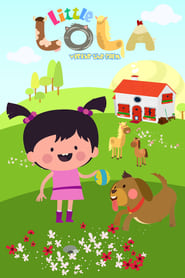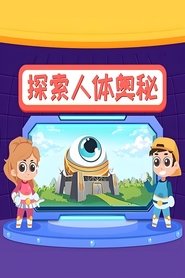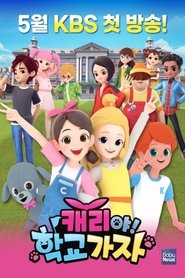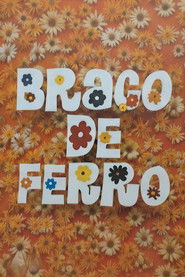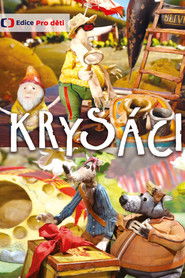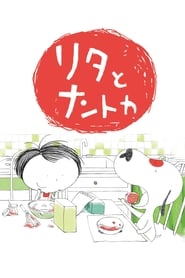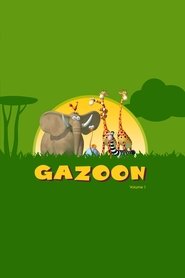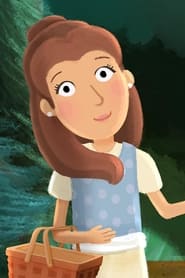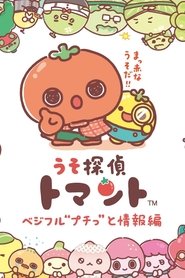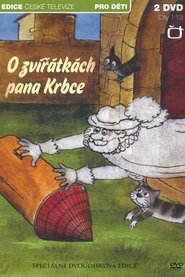Kids TV Series - Page 204
-
Little Lola Visits the Farm
2015
star 10Join little Lola as she has fun exploring the farm, meeting and learning about its animals. The cheerful animals are always happy to help Lola explore animal sounds, different foods, farm vehicles, habitats, and more. -
探索人体奥秘
2023
探索人体奥秘
2023
-
캐리야 학교가자
2024
-
菲梦少女
2017
菲梦少女
2017
-
Braço de Ferro
1983
Braço de Ferro
1983
-
Krysáci
2008
Krysáci
2008
-
Inai Inai Baa!
0000
Inai Inai Baa!
0000
-
Rita & Whatsit
2010
-
Gazoon
2008
-
山猫和吉咪
2009
-
Синяя птица
2015
-
MIA
2014
MIA
2014
The show follows the adventures of Mia, a curious and adventurous six-year-old mouse who lives with her grandmother, Mimi, in the attic of a large Victorian house. Mia’s inquisitive nature leads her to explore the world around her, often embarking on exciting quests with the help of her friends and neighbors. -
Ivanhoe: The King's Knight
1997
Set in medieval England during the reign of King Richard the Lionheart, this animated series follows Sir Wilfred of Ivanhoe, a noble Saxon knight who fights for justice, honor, and the rightful king. With King Richard away on the Crusades, the scheming Prince John seeks to usurp the throne. Ivanhoe, loyal to Richard, becomes a symbol of resistance against tyranny. Each episode features Ivanhoe and his companions — including the clever jester Wamba, the brave Rebecca, and the loyal Harold — as they thwart Prince John's plots, battle corrupt nobles like Front-de-Boeuf and Malvoisin, and protect the innocent across the kingdom. The show blends action, chivalry, and moral lessons, offering a kid-friendly take on classic medieval adventure with a touch of political intrigue and fantasy. -
Bassie & Adriaan: The Crying Professor
1982
Professor Archibald Chagrijn exposes the world to his blubbering gas, which makes people sad and causes them to cry. Bassie proves immune to the blubbering gas -- as he has had an overdose of laughing gas. The professor is hiding on the Canary Islands, but Bassie and Adriaan manage to track him down. -
Kid Explorer
2023
Kid Explorer
2023
Join Broadcast Cal as he explores the people and events that have shaped the modern world. Audiences of all ages will enjoy his humor, animations, and costumes. -
Rosaline
2016
Rosaline
2016
star 1The story of Rosaline incorporates LGBT themes in a fun, fairytale adventure through the woods. To find her sweetheart, Rosaline must first get by a tricky witch, a hungry wolf, and a well-intentioned fairy godmother! -
Uso Tantei Tomanto
2025
Uso Tantei Tomanto
2025
-
שכונת חיים
2025
שכונת חיים
2025
-
Faireez
2006
